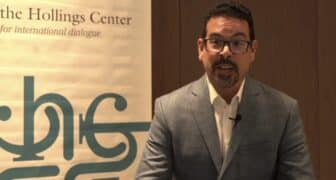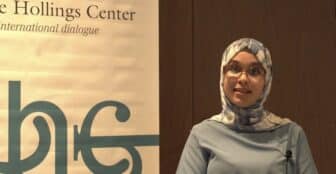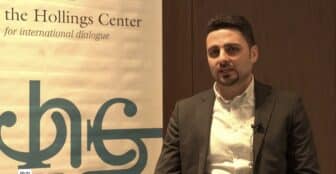Six years following the onset of the global economic crisis of 2008, national economies have struggled to make up lost gains. Unemployment remains above pre-crisis levels in many countries, particularly among youth. Throughout Muslim-majority countries, such as Egypt, Jordan, Tunisia, and Libya, the high rate of youth unemployment has led to multi-faceted negative consequences. For some countries, the problem has been “brain drain,” as well-trained, educated nationals have left for better economic prospects abroad. In other cases, due to a vastly growing labor force coupled with mismatched skills, product market limitations, and a large public sector, there has been economic stagnation and growing instability with no outlook for positive future changes. Likewise in the West, increased pressure has been placed upon higher education institutions to act as engines of economic growth and career preparation.
There has been the tendency globally to see higher education as the “silver bullet” to the socio-economic problems faced by a society. Education, of course, provides far more than just personal and societal economic benefit. The higher education systems do and will play a large role in the economic development of countries. Governments and civil society will continue to place significant pressure on higher education institutions to play this role. And as such, the disconnection between higher education and the economy is a critical problem to address across the board. To discuss these concerns and generate ideas for resolving the gap, the Hollings Center convened a dialogue conference in February, 2015 that brought together academics, higher education professionals, economists, private sector representatives, and policy makers to analyze the prospects for cooperation in addressing concerns. Read more about these conversations in our Dialogue Snapshot.
Also, watch videos that expand upon these themes clicking here, here, and here.



